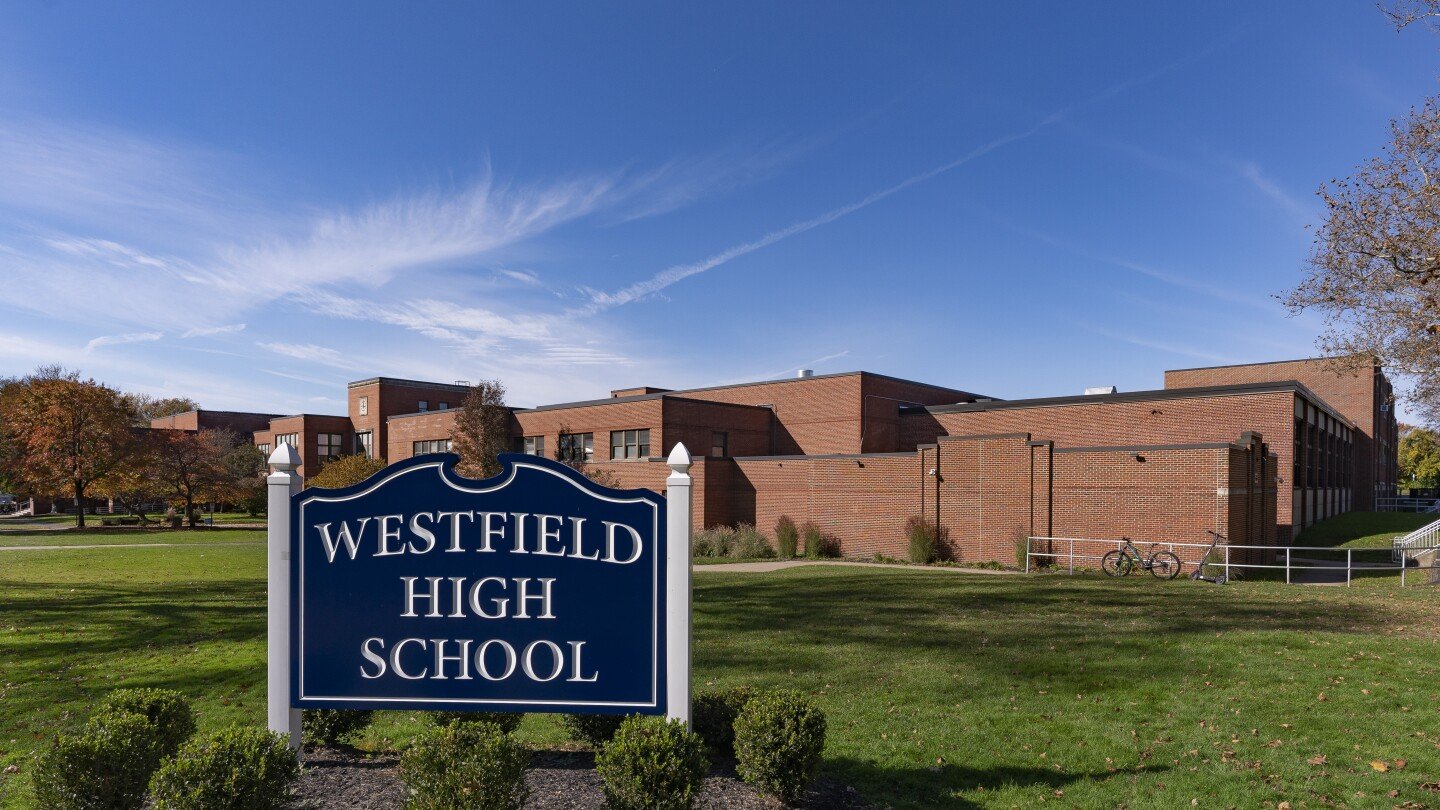A mother and her 14-year-old daughter are advocating for better protections for victims after AI-generated nude images of the teen and other female classmates were circulated at a high school in New Jersey.
Meanwhile, on the other side of the country, officials are investigating an incident involving a teenage boy who allegedly used artificial intelligence to create and distribute similar images of other students – also teen girls - that attend a high school in suburban Seattle, Washington.
The disturbing cases have put a spotlight yet again on explicit AI-generated material that overwhelmingly harms women and children and is booming online at an unprecedented rate. According to an analysis by independent researcher Genevieve Oh that was shared with The Associated Press, more than 143,000 new deepfake videos were posted online this year, which surpasses every other year combined.



There might be an upside to all this, though maybe not for these girls: with enough of this people will eventually just stop believing any nude pictures “leaked” are real, which will be a great thing for people who had real nude pictures leaked - which, once on the Internet, are pretty hard to stop spreading - because other people will just presume they’re deepfakes.
Mind you, it would be a lot better if people in general culturally evolved beyond being preachy monkeys who pass judgment on others because they’ve been photographed in their birthday-suit, but that’s clearly asking too much so I guess simply people assuming all such things are deepfakes until proven otherwise is at least better than the status quo.
Photoshop is a 40yo tool and people still believe almost every picture.
Yes, but good Photoshop has a high skill ceiling. Generative AI does not.
Fair point.